Every day, massive commercial trucks navigate Florida’s highways, carrying everything from fresh produce to construction materials. When these 80,000-pound vehicles collide with passenger cars, the results often prove catastrophic. Understanding who bears responsibility for these devastating crashes requires knowledge of liability laws that apply to trucking companies and their operations.
The bustling Port of Tampa and Port Manatee serve as major gateways for commerce throughout Southwest Florida. Thousands of trucks depart these facilities daily, traveling through Bradenton, Sarasota, and surrounding communities. When accidents occur, victims face complex questions about liability that extend far beyond the truck driver behind the wheel.
Key Takeaways for Common Carrier Liability
- Trucking companies must comply with federal safety regulations and face liability for violations that cause accidents.
- Multiple parties may share responsibility in truck accidents, including drivers, trucking companies, cargo loaders, and maintenance providers.
- Federal Motor Carrier Safety Regulations create specific duties that trucking companies must follow.
- Victims of truck accidents may pursue compensation from several liable parties based on each party’s percentage of fault.
- Florida’s two-year statute of limitations applies to both personal injury and wrongful death claims from truck accidents.
What Makes Trucking Companies Common Carriers?
Common carriers transport goods or people for hire, offering services to the general public. This designation brings special legal responsibilities that regular drivers never face. Florida law recognizes trucking companies as common carriers when they haul freight for compensation across public roadways.
While common carriers transporting passengers owe the highest degree of care to those passengers, freight carriers like trucking companies owe a duty of ordinary care to other motorists. However, this “ordinary care” standard gets defined by extensive federal regulations that create specific safety requirements far exceeding those for regular drivers.
Federal Oversight of Interstate Commerce
The Federal Motor Carrier Safety Administration (FMCSA) regulates most trucking companies operating in Florida. These federal regulations establish the standard of care for commercial trucking operations. Companies moving freight from Port Manatee to distribution centers across state lines must comply with extensive federal rules.
Interstate trucking companies face strict requirements, including:
- Mandatory drug and alcohol testing programs
- Electronic logging devices to track driving hours
- Regular vehicle inspections and maintenance schedules
- Driver training and qualification standards
- Minimum insurance coverage requirements
These regulations exist because Congress recognized that massive commercial vehicles create serious risks requiring enhanced safety measures.
The Multiple Layers of Truck Accident Liability
Unlike typical car accidents involving two drivers, truck crashes often implicate numerous potentially responsible parties. Each entity in the commercial transportation chain may share liability for accidents causing injuries or deaths. Under Florida’s modified comparative negligence system, each party bears responsibility for their percentage of fault.
Trucking Company Responsibility
Trucking companies bear primary responsibility for their fleet operations. Florida law makes employers liable for employee negligence through a legal principle called respondeat superior. When truck drivers cause accidents while performing job duties, their employers typically share financial responsibility for resulting damages.
Beyond basic employer liability, trucking companies face direct liability for:
- Negligent hiring of unqualified or dangerous drivers
- Inadequate driver training programs
- Pushing drivers to violate hours-of-service regulations
- Poor vehicle maintenance practices
- Failure to enforce safety policies
Companies operating from Port Tampa into Hillsborough and Manatee counties must ensure their drivers understand local traffic patterns and hazards. Failure to properly prepare drivers for regional conditions may constitute negligence.
Independent Contractor Complications
Many trucking companies classify drivers as independent contractors rather than employees. This business model attempts to shift liability away from the company. However, Florida courts examine the actual right of control over drivers and vehicles rather than relying on labels.
Even when drivers technically work as independent contractors, trucking companies may still face liability if they:
- Control driving schedules and routes
- Own or lease the trucks
- Display company logos on vehicles
- Mandate specific delivery procedures
- Exercise substantial control over daily operations
The independent contractor defense often fails when accidents reveal how much control trucking companies actually maintain over operations.
Cargo Loading and Securing Liability
Improperly loaded cargo transforms trucks into unstable hazards. Federal regulations require specific procedures for securing different types of freight. When cargo shifts during transport, resulting accidents may be traced back to negligence on the loading dock.
Third-Party Loading Companies
Major ports like Port Manatee often use separate companies to load containers onto trucks. These third-party loaders bear independent responsibility for following proper procedures. Overloaded trucks, unbalanced loads, and inadequately secured cargo create preventable hazards.
Loading companies may face liability when:
- Exceeding legal weight limits
- Creating uneven weight distribution
- Failing to properly secure cargo
- Ignoring specific loading requirements for hazardous materials
- Rushing through safety procedures to meet deadlines
Establishing loading company negligence requires careful investigation of weight tickets, loading procedures, and safety protocols.
Shipper Responsibility
Companies shipping goods through Florida ports may share accident liability in certain circumstances. Shippers who misrepresent cargo weight or fail to disclose hazardous materials create dangerous conditions. When shippers pressure carriers to meet unrealistic deadlines, resulting accidents may generate shared liability based on each party’s contribution to the dangerous situation.
Vehicle Maintenance and Equipment Failures
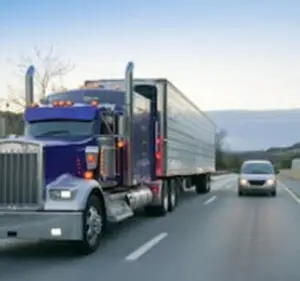
Commercial trucks require constant maintenance to operate safely. When mechanical failures cause accidents, responsibility may extend to maintenance providers and parts manufacturers. The complex maintenance chain creates multiple avenues for pursuing compensation from different defendants.
Maintenance Provider Negligence
Many trucking companies outsource vehicle maintenance to specialized providers. These maintenance companies assume legal duties to properly inspect and repair vehicles. Inadequate maintenance, overlooked problems, or improper repairs may constitute negligence.
Common maintenance failures leading to accidents include:
- Worn brake systems that reduce stopping ability
- Tire failures from inadequate inspections
- Steering system problems that affect control
- Lighting defects that reduce visibility
- Coupling device failures in tractor-trailer connections
Federal regulations mandate specific inspection schedules and maintenance standards. Deviation from these requirements strengthens negligence claims against maintenance providers.
Manufacturing Defect Claims
Sometimes accidents result from defective truck components rather than maintenance failures. Brake manufacturers, tire companies, and other parts suppliers may face product liability claims. These cases require technical expertise to distinguish manufacturing defects from maintenance problems.
Insurance Coverage Complexities in Trucking Cases
Commercial trucking insurance differs dramatically from personal auto coverage. Federal law requires interstate carriers to maintain minimum coverage amounts far exceeding Florida’s requirements for passenger vehicles. These higher limits reflect the potential for severe damages in truck accidents.
Minimum Coverage Requirements
The FMCSA mandates minimum insurance based on cargo type:
- $750,000 for general freight
- $1,000,000 for oil and hazardous materials
- $5,000,000 for specific dangerous substances
Many responsible carriers maintain coverage well above minimums, recognizing that serious accidents quickly exhaust policy limits.
Multiple Insurance Policies
Complex trucking operations often involve multiple insurance policies from different companies. The truck owner, trailer owner, cargo owner, and driver may all carry separate coverage. Identifying all available insurance requires a thorough investigation of business relationships and contractual arrangements.
Primary and excess policies create layers of coverage that experienced attorneys must navigate. Some policies contain exclusions or limitations requiring careful analysis. Understanding policy language and coverage triggers proves essential for maximizing recovery.
Proving Negligence Against Commercial Trucking Companies
Federal regulations define the standard of care for commercial trucking operations. Violations of these safety rules provide strong evidence of negligence. While trucking companies owe the same general duty of ordinary care as other motorists, federal regulations create specific requirements that effectively raise the bar for safe operations.
Hours of Service Violations
Federal regulations strictly limit driving hours to prevent fatigue-related accidents. Drivers may drive a maximum of 11 hours after 10 consecutive hours off duty, within a 14-hour on-duty window. Weekly limits prevent excessive accumulation of driving hours. These hours-of-service rules aim to keep fatigued drivers off the road.
Electronic logging devices (ELDs) create digital records of compliance or violations. When drivers exceed hours-of-service limits, resulting accidents strongly suggest negligence. Trucking companies pushing drivers to violate regulations face direct liability for resulting crashes.
Distracted Driving Evidence
Professional drivers face stricter distracted driving rules than regular motorists. Federal regulations specifically ban texting and hand-held phone use for commercial vehicle drivers. These prohibitions apply regardless of state laws and carry significant penalties for violations.
Modern trucks contain sophisticated onboard computers that record driver behavior. This technology may reveal distracted driving through sudden movements, hard braking, or erratic speed changes. Cell phone records provide additional evidence of distraction timing, particularly when correlated with accident data.
Preserving Critical Evidence After Truck Accidents
Evidence in trucking cases disappears quickly without proper preservation efforts. Trucking companies understand their exposure and may attempt to limit access to critical information. Immediate action helps protect vital evidence supporting injury claims.
Electronic Data Preservation
Modern trucks function as data collection centers, recording extensive operational information. Event data recorders capture pre-crash information, including:
- Vehicle speed and acceleration patterns
- Brake application timing and force
- Steering input angles
- Engine RPM and throttle position
- Cruise control engagement status
This electronic evidence requires immediate preservation through legal notices. Trucking companies routinely download and overwrite data during normal operations, and spoliation letters demand the preservation of all electronic evidence related to accidents.
Physical Evidence at Accident Scenes
Skid marks, debris patterns, and vehicle damage provide crucial reconstruction evidence. Commercial accident scenes often contain unique evidence like leaked cargo, separated trailer components, or tire fragments. Professional accident reconstructionists must document scenes before cleanup crews remove evidence.
Weather conditions, road surfaces, and visibility factors require immediate documentation. Surveillance cameras from nearby businesses may capture accidents or pre-crash driving behavior. Quick action secures video before automatic deletion cycles.
FAQ for Common Carrier Liability in Florida Truck Accidents
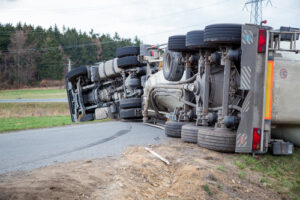
How long do I have to file a lawsuit against a trucking company in Florida?
Florida’s statute of limitations for personal injury claims is two years from the accident date. This two-year deadline also applies to wrongful death claims. Missing this deadline typically bars recovery regardless of case strength. The time limit applies to claims against truck drivers, trucking companies, and other potentially liable parties, making prompt legal consultation essential.
What damages may I recover in a truck accident case?
Truck accident victims may recover both economic and non-economic damages. Economic damages include medical expenses, lost wages, future medical care, and diminished earning capacity. Non-economic damages compensate for pain, suffering, emotional distress, and loss of life enjoyment. Florida law permits punitive damages against trucking companies demonstrating gross negligence or willful misconduct. Recovery depends on proving each defendant’s percentage of fault.
How does comparative negligence affect truck accident claims?
Florida follows modified comparative negligence rules. Accident victims may recover damages reduced by their percentage of fault but cannot recover if they exceed 50 percent responsibility. Florida does not use joint and several liability in negligence cases. Instead, the court enters judgment against each party based on their specific percentage of fault. Trucking companies often attempt to shift blame to accident victims to reduce their liability percentage.
Do federal violations automatically prove negligence?
While federal regulation violations provide strong evidence of negligence, they do not automatically establish liability. Victims must still prove that violations caused or contributed to their injuries. However, violations of specific safety rules like hours-of-service limits or cell phone bans create powerful evidence. Juries often find trucking companies negligent when clear regulatory violations contributed to accidents.
How do I identify all potentially liable parties?
A comprehensive investigation helps to reveal all potentially responsible parties in truck accidents. Beyond the obvious driver and trucking company, liability may extend to cargo loaders, maintenance providers, parts manufacturers, and others. Employment relationships, ownership structures, and contractual arrangements all factor into liability analysis. Experienced attorneys investigate business relationships throughout the transportation chain to identify all potential defendants and insurance coverage sources.
Pursuing Fair Compensation After Commercial Truck Accidents
Commercial trucking accidents create life-altering consequences requiring knowledgeable legal representation. Understanding how federal regulations establish safety standards and how Florida law apportions fault among multiple parties empowers victims to pursue full compensation. The extensive regulations governing trucking operations reflect the serious risks these vehicles pose on Florida highways.
From Port Tampa to Port Manatee, thousands of commercial trucks travel local roads daily. When negligent trucking operations cause devastating crashes, victims need attorneys who understand complex liability issues and fight for fair compensation based on each party’s fault percentage.
If a commercial truck accident has disrupted your life, Hale Law Accident Attorneys brings extensive experience handling complex trucking cases throughout Southwest Florida. Our team understands federal trucking regulations, investigates all potentially liable parties, and fights aggressively for fair compensation. With offices in Bradenton, Sarasota, and across the region, we provide convenient access to experienced truck accident representation. Call (941) 735-4529 today for your free consultation and let us show you how we Fight Like Hale® for truck accident victims.
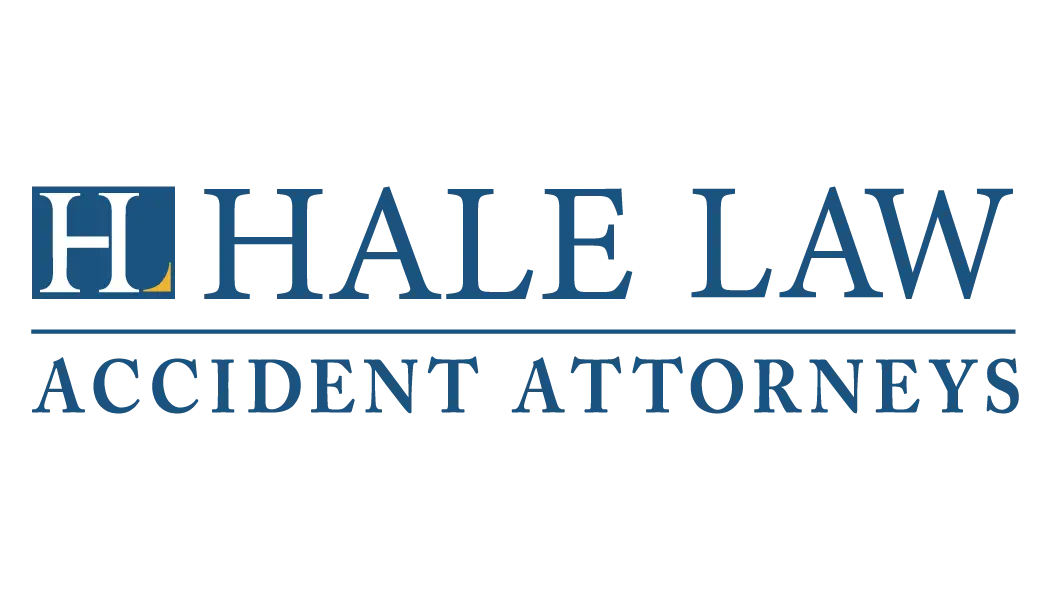

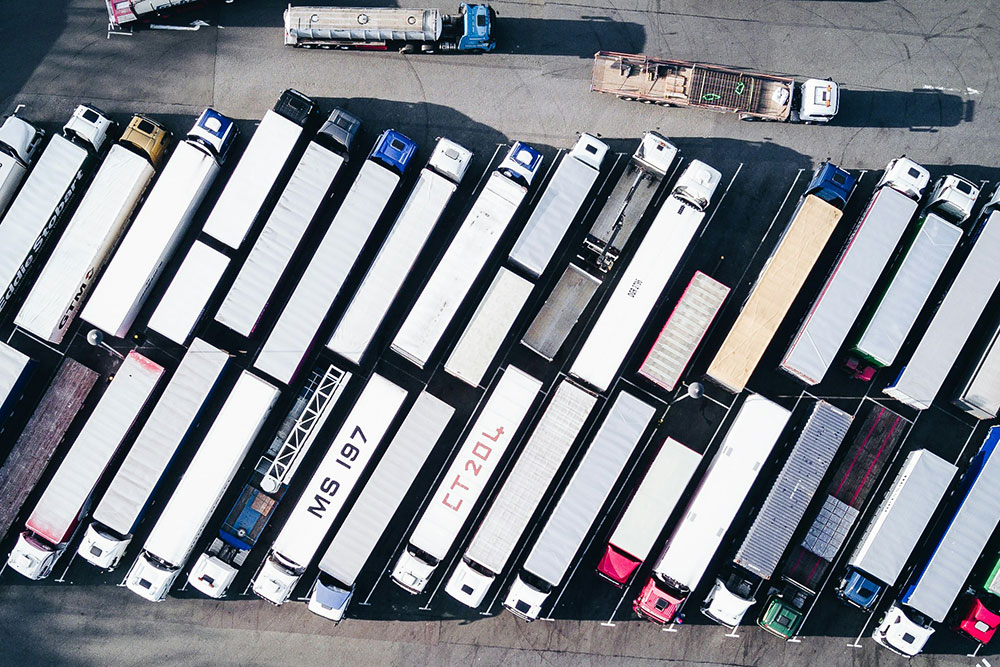

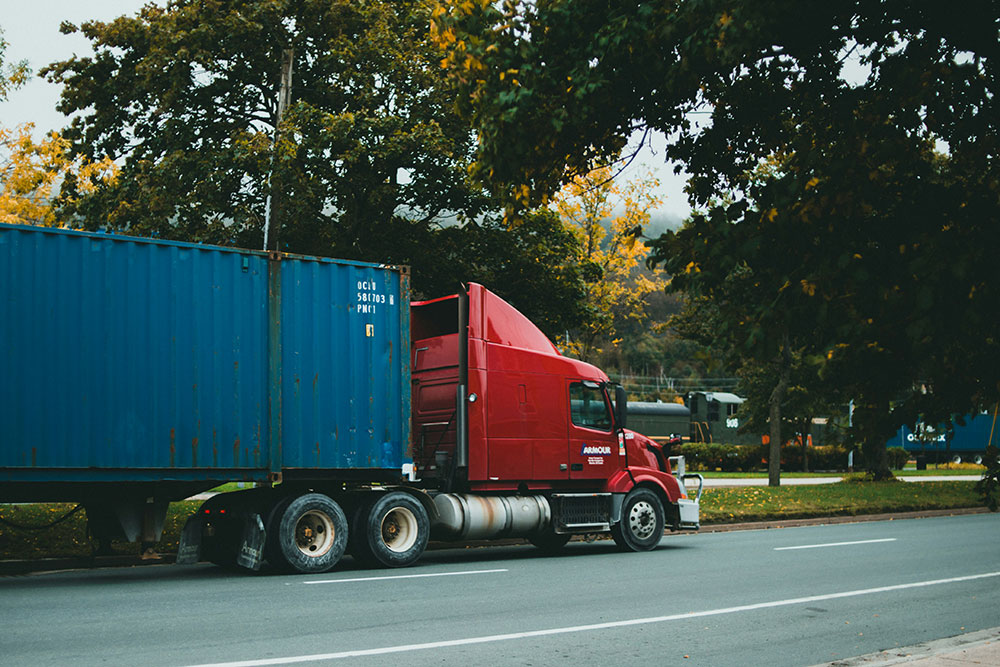
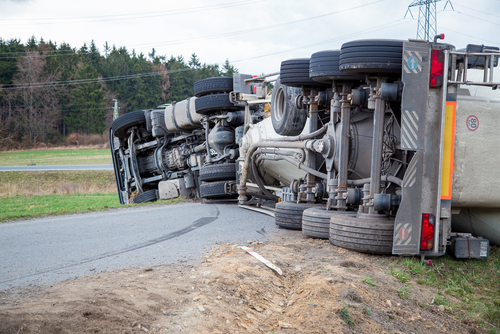
 Sarasota
Sarasota Lakewood Ranch
Lakewood Ranch Port Charlotte
Port Charlotte Brandon
Brandon Bradenton
Bradenton Venice
Venice